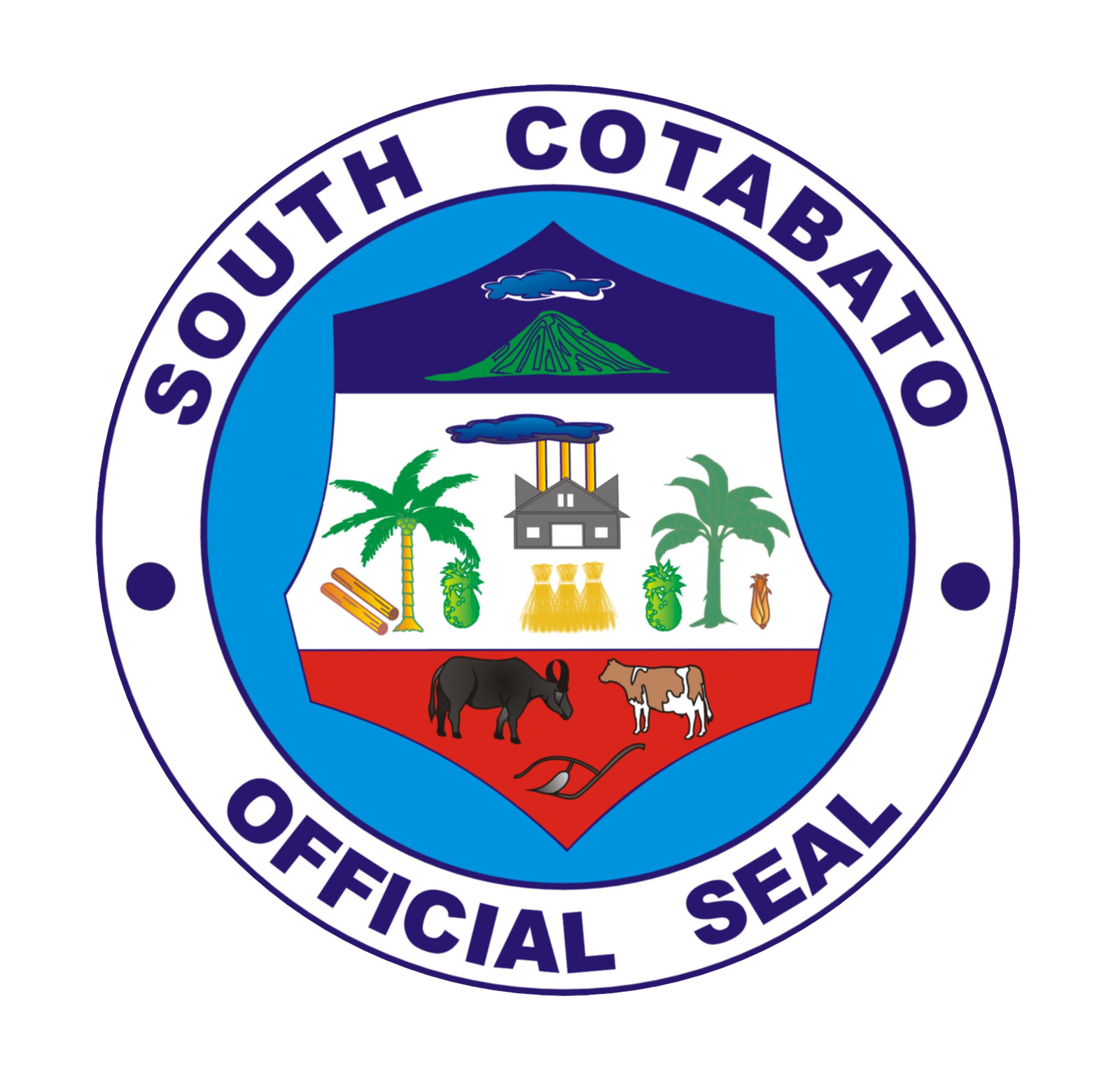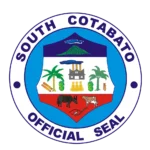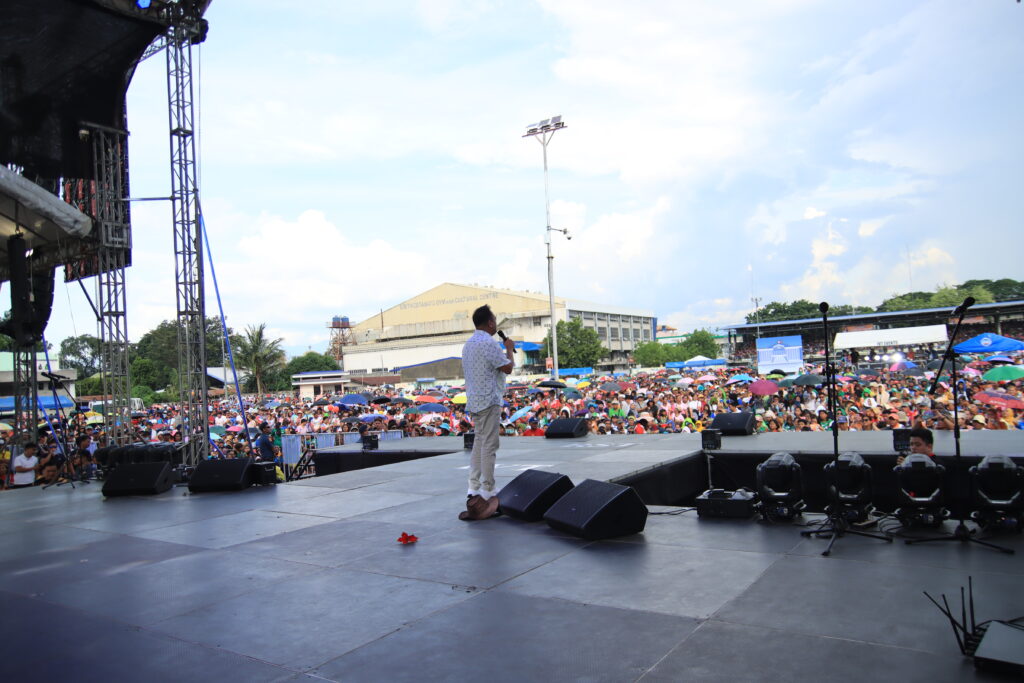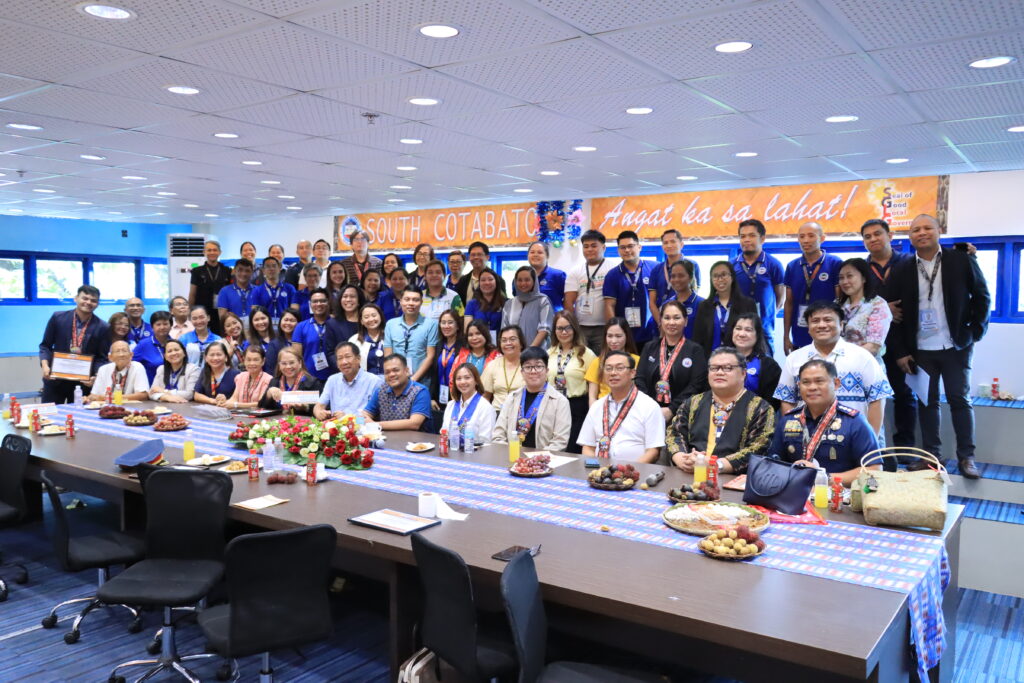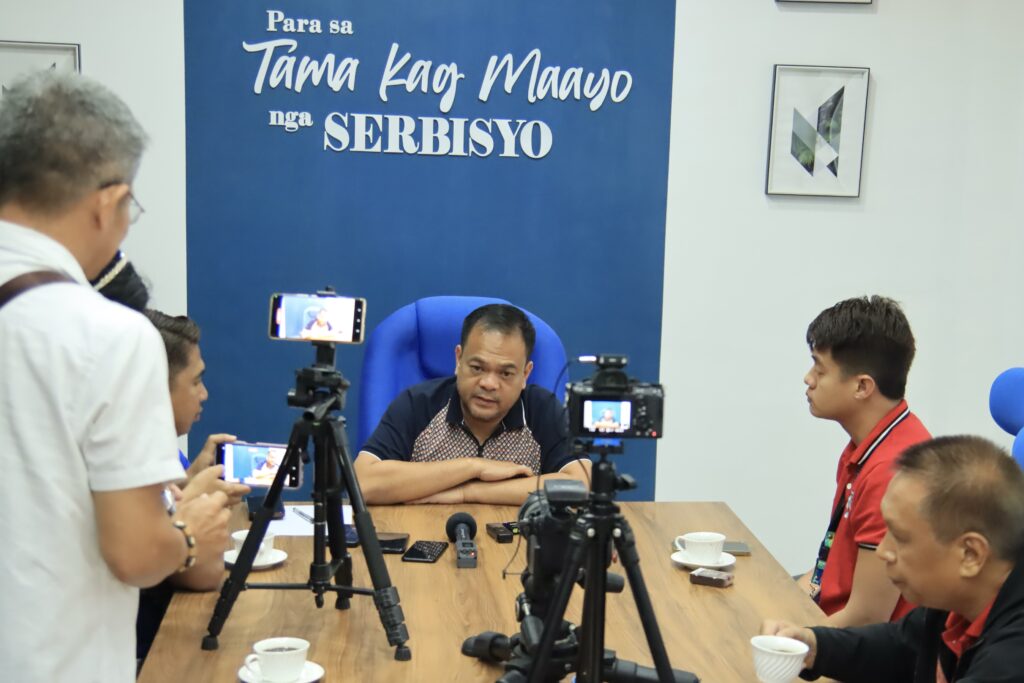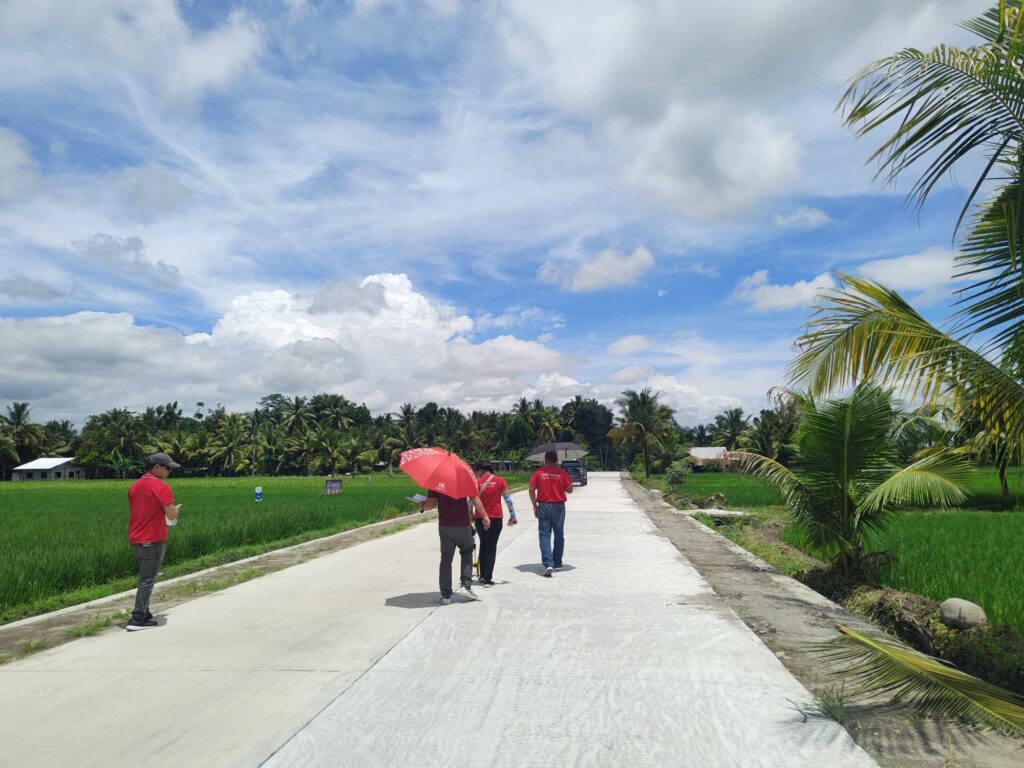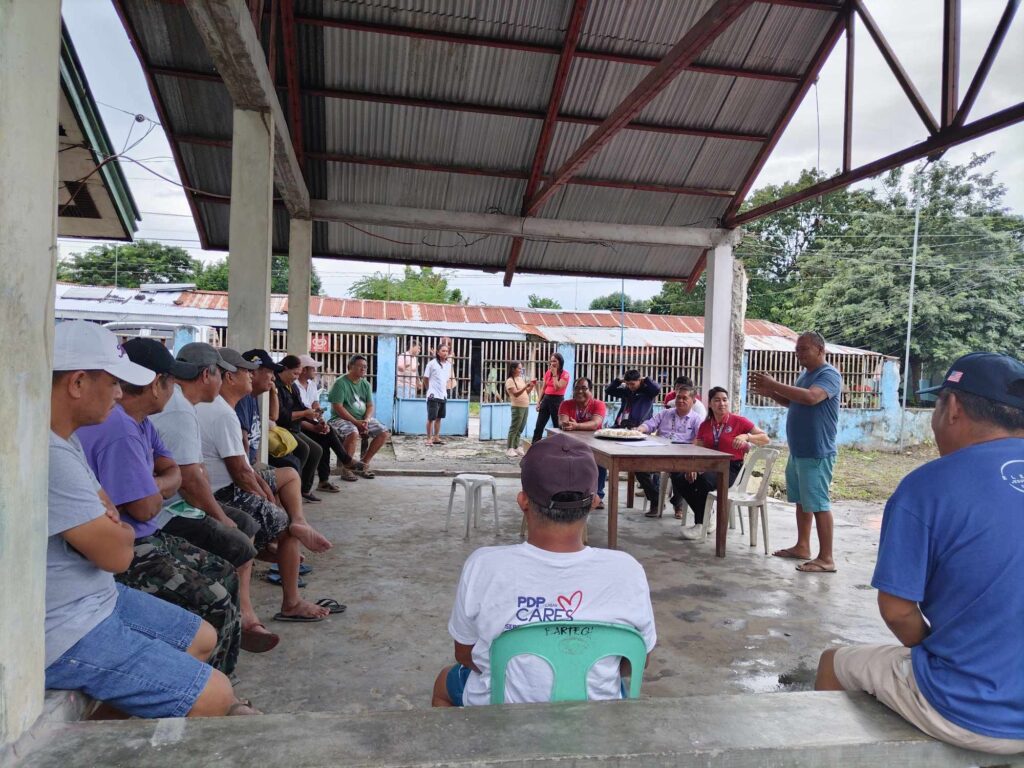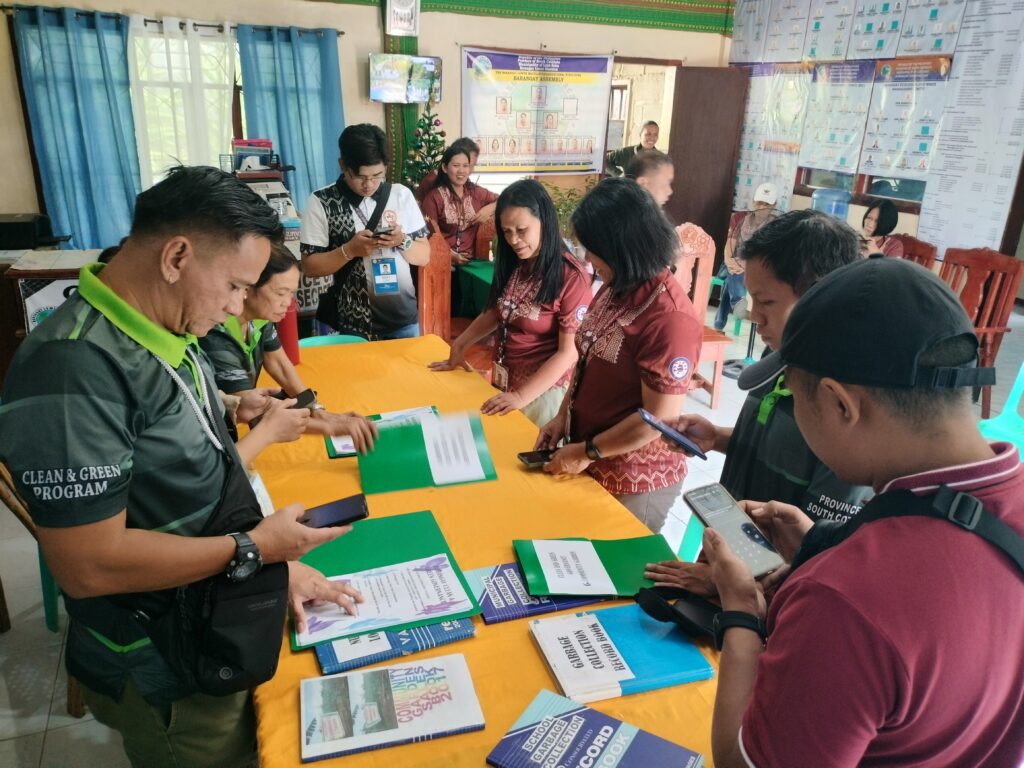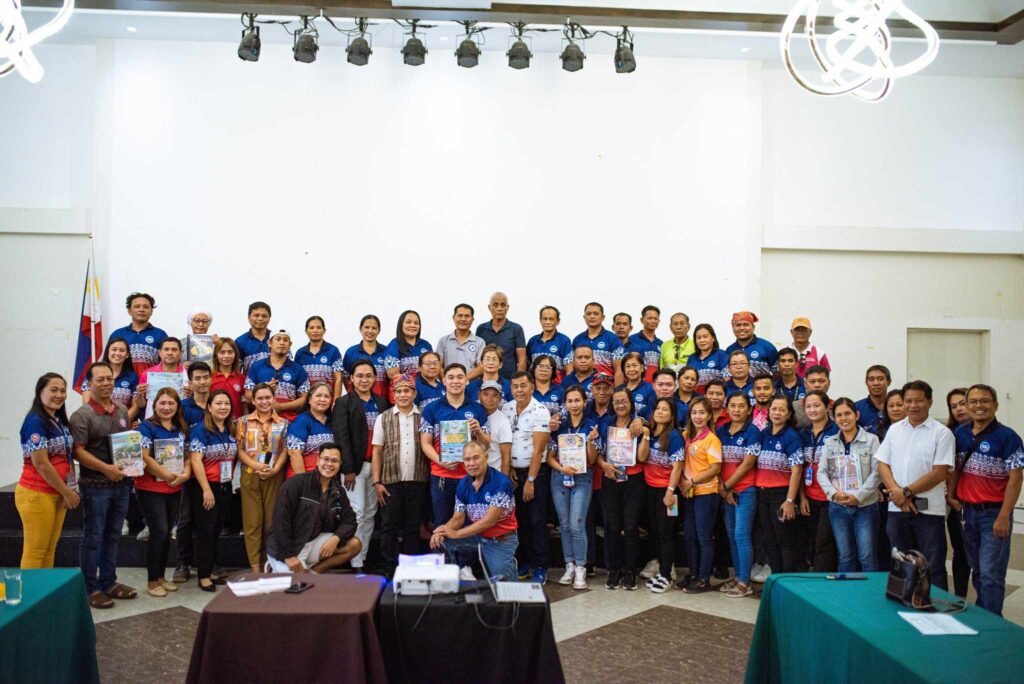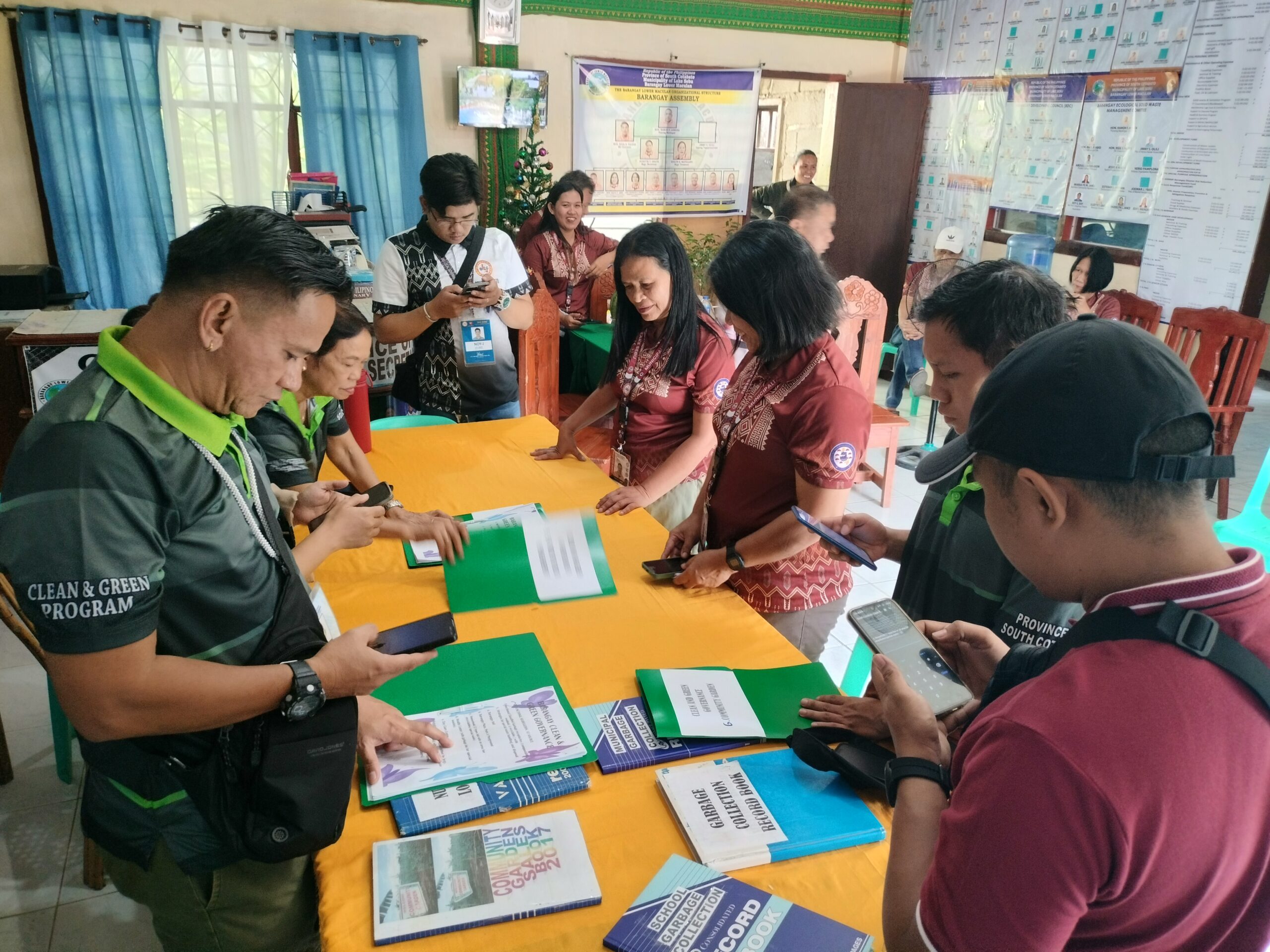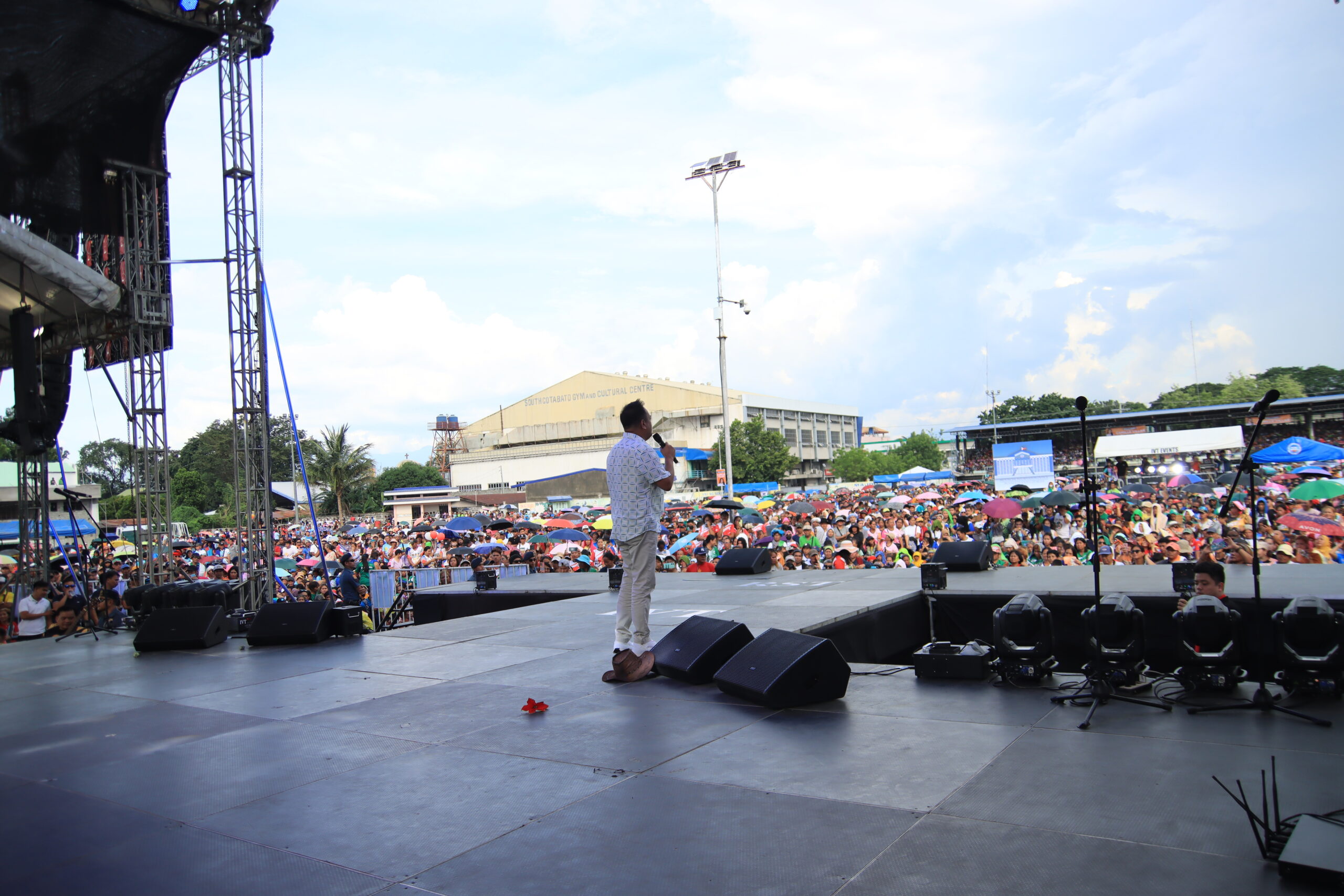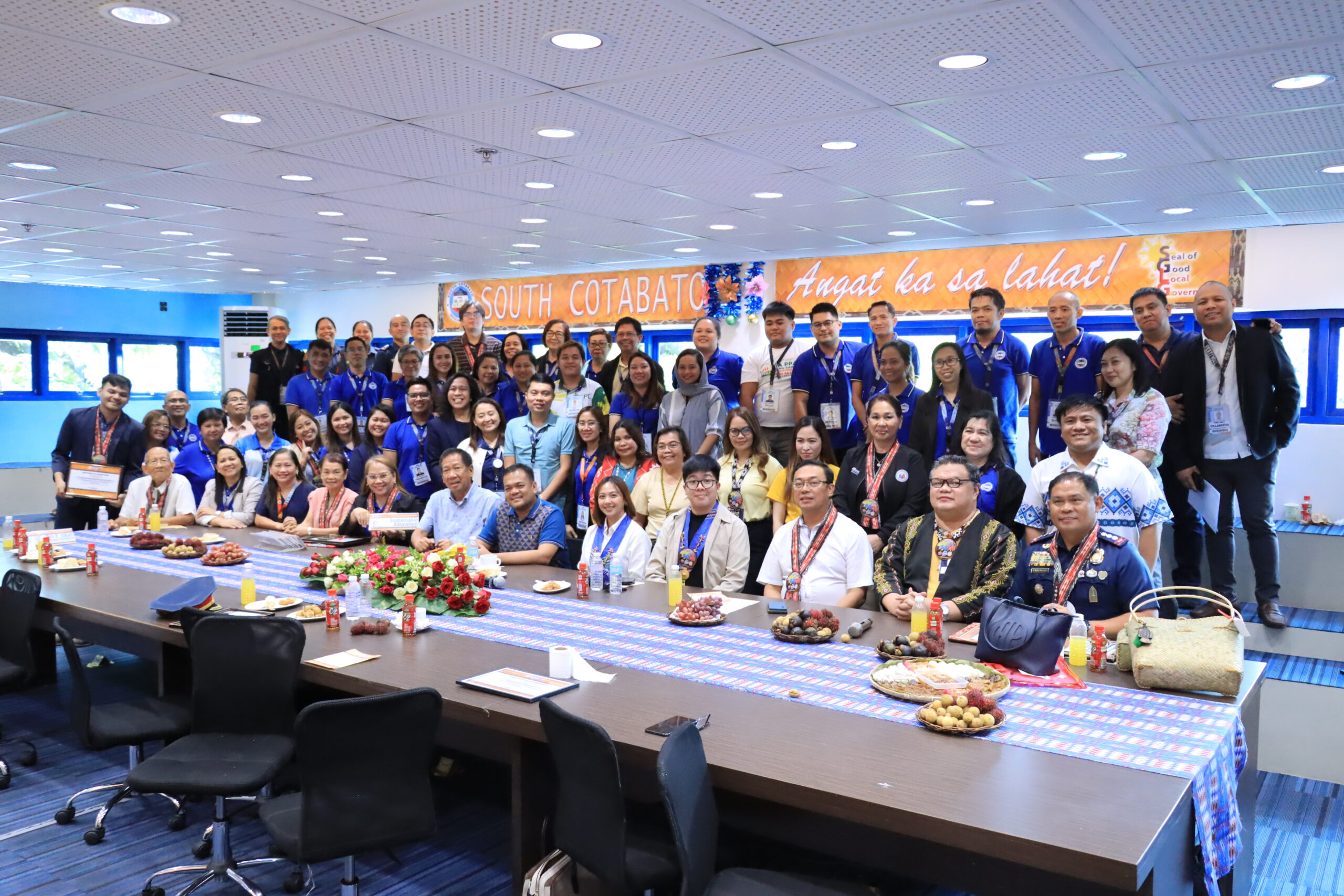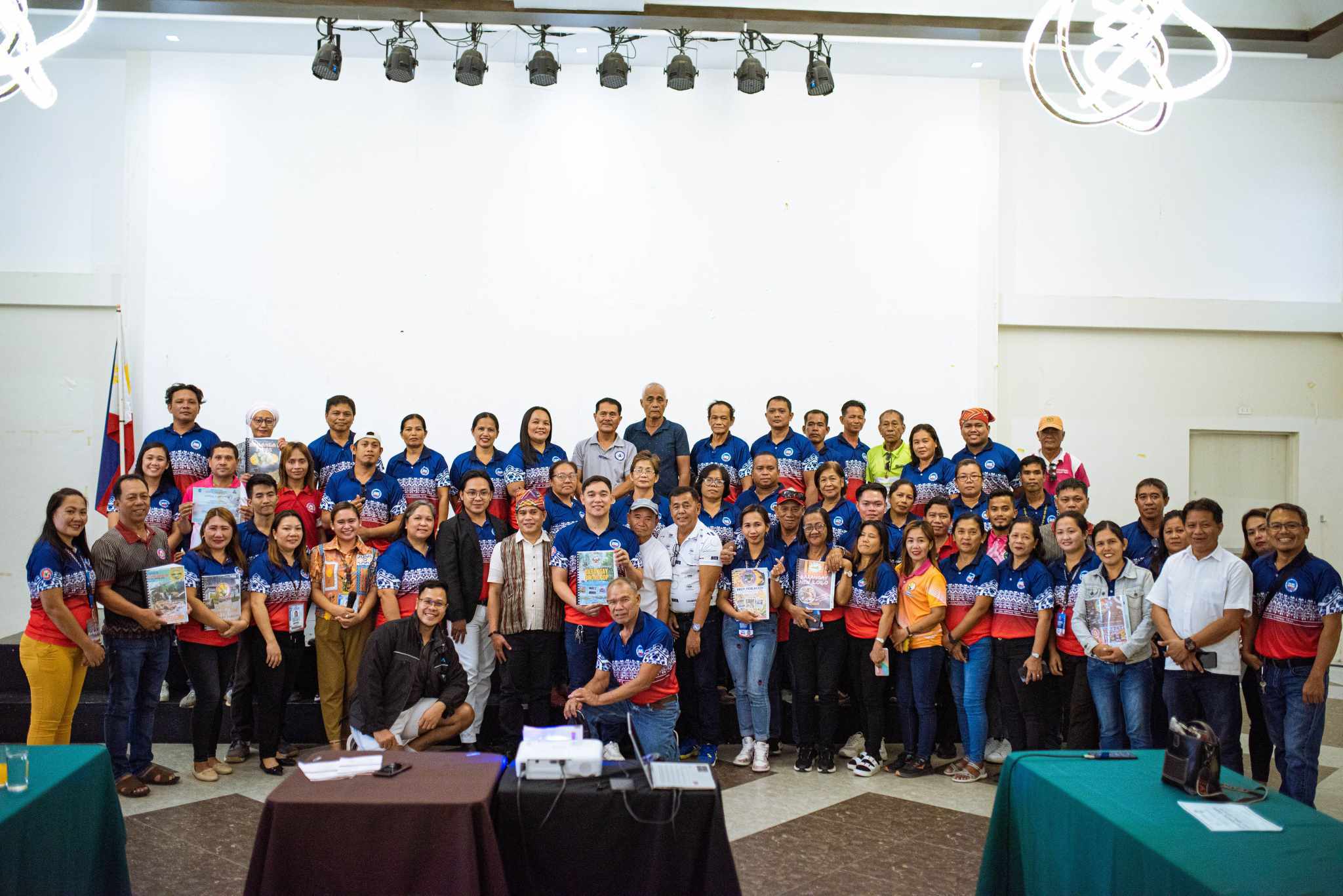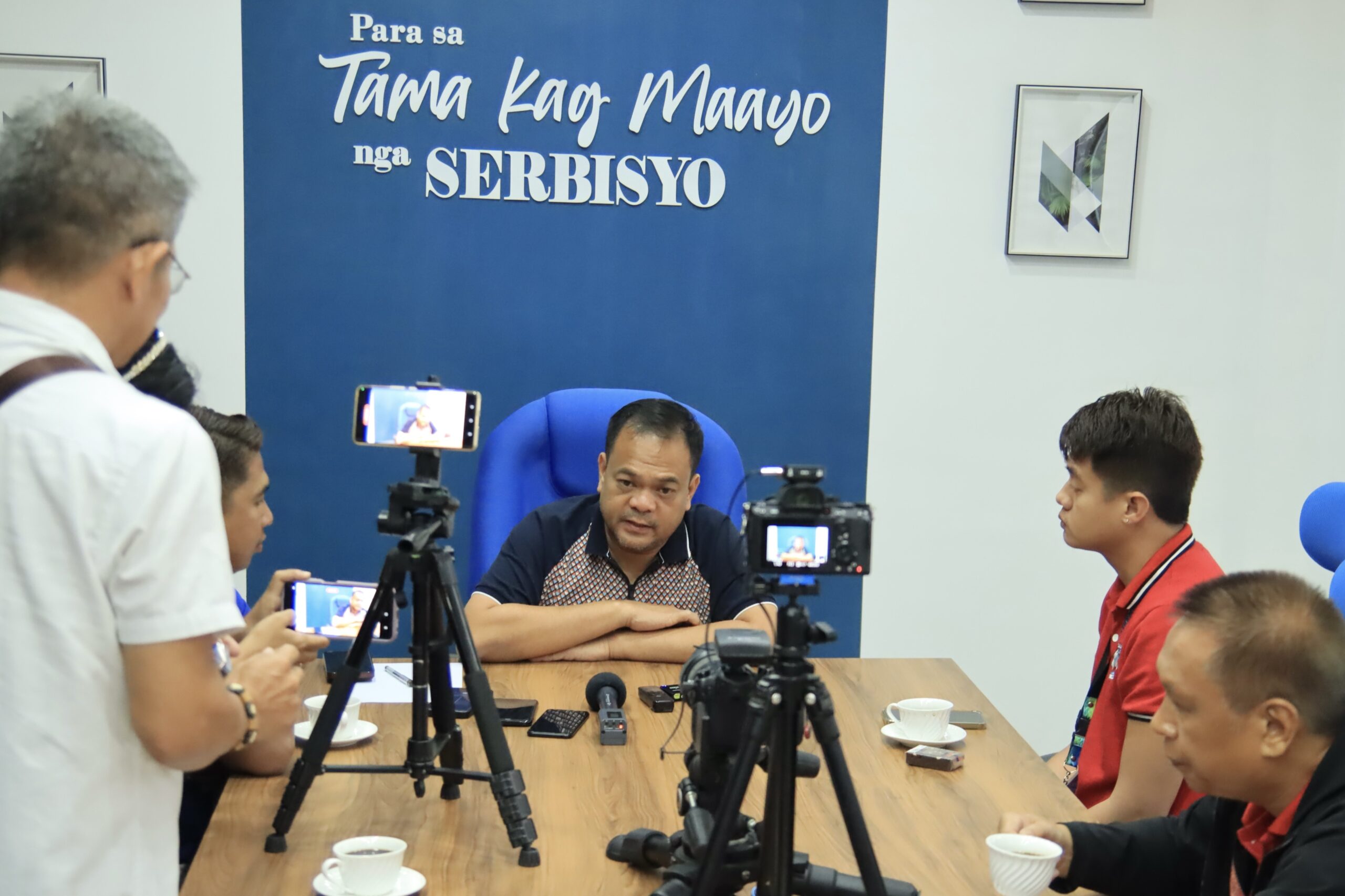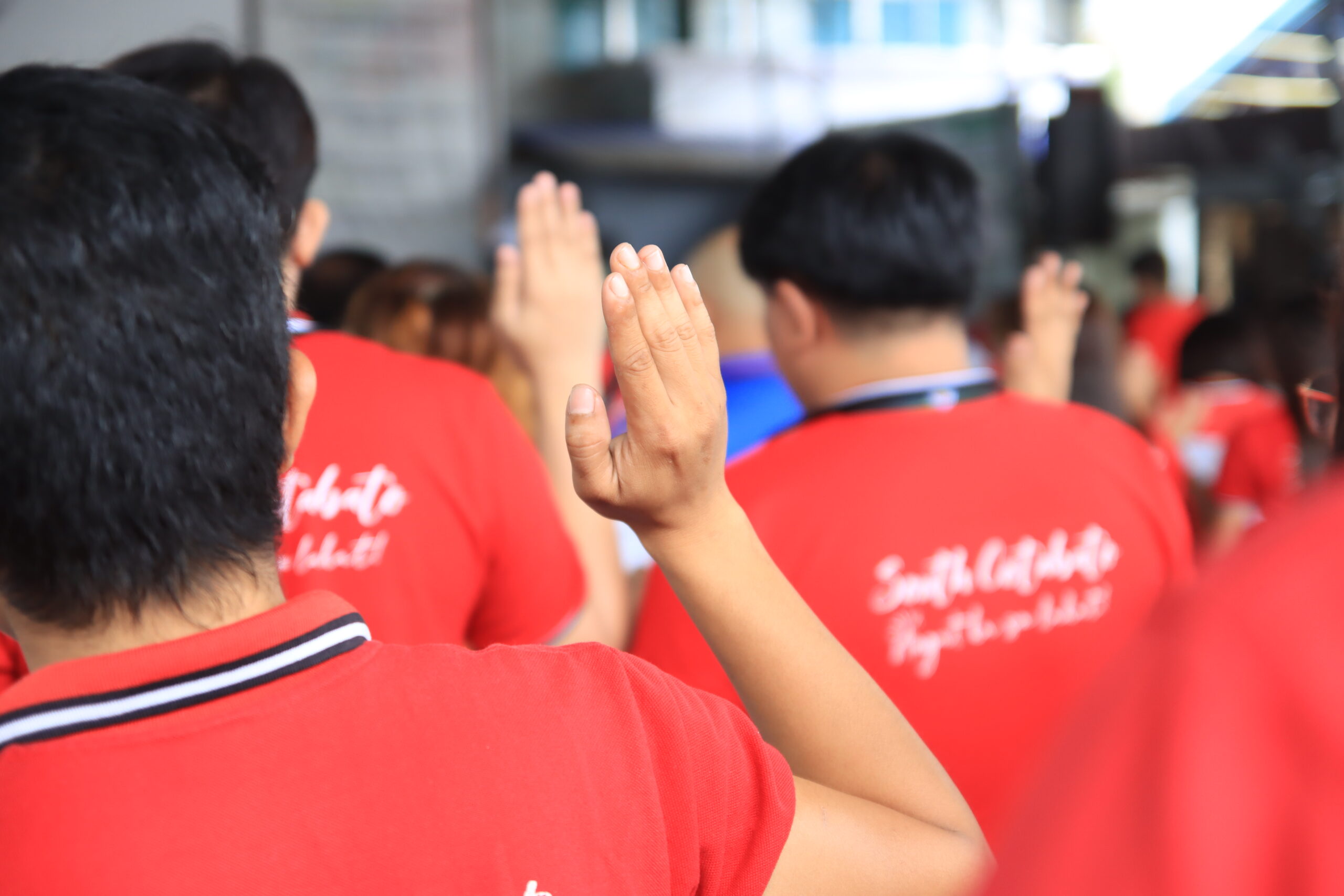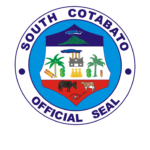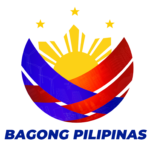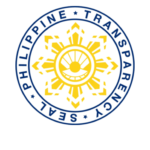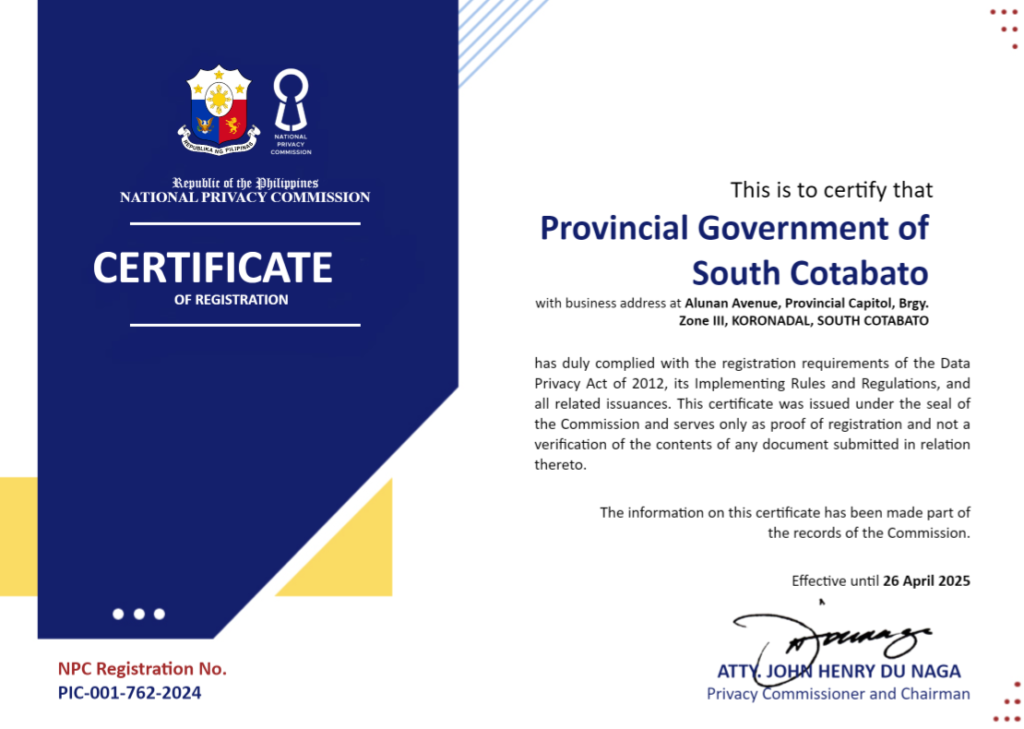Provincial Treasurer’s Office of South Cotabato conducted a public hearing to discuss the proposed adjustments in taxes, fees, and charges within the province. The initiative aims to review and potentially revise the current revenue code for a more sustainable fiscal framework.
Mario S. Sorongon, the Head of the Land Tax Division (Local Treasury Operations IV), emphasized the significance of the revenue code as a guiding principle for the provincial treasurer’s office in collecting taxes, fees, and charges mandated by the province, as stipulated in the Local Government Code of 1991.
Sorongon highlighted the necessity of revising the revenue code to expand and enhance taxing and revenue-raising powers. The objective is to secure local income essential for sustaining fundamental services provided by the provincial government to its constituents.
According to Section 191 of the Local Government Code, LGUs have the authority to adjust tax rates not more frequently than once every five years, with adjustments capped at ten percent (10%) of the rates fixed under the code.
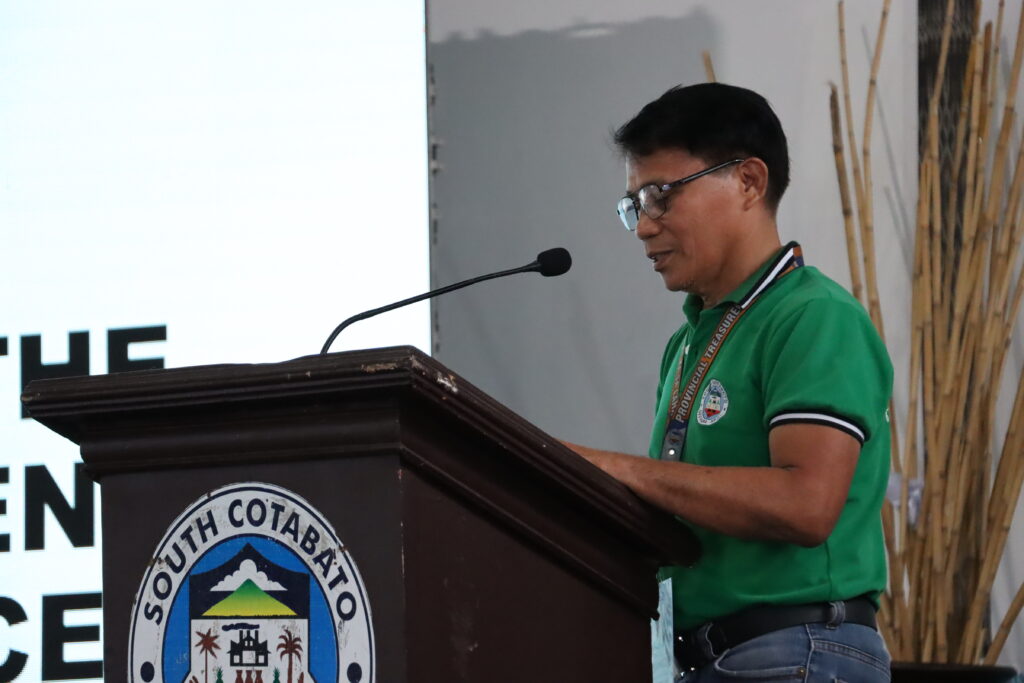
The last revision took place in 2017, marking the seventh year without revising the revenue code. Sec. 129 of the LGC outlines the LGUs’ authority to levy taxes, with a focus on specific areas such as transfer of real property ownership, business of printing and publication, franchise tax, sand and gravel, professional tax, amusement tax, annual fixed tax on delivery trucks/vans, fees and charges, and real property tax pursuant to Sec. 197 of the LGC.
Sorongon clarified that while proposing revised revenue rates might be misconstrued as a blanket increase, it is not the case. Some taxes may see retention or even a decrease, emphasizing the need for a comprehensive and balanced approach to meet the financial requirements of the local government.
The public hearing serves as a crucial step in ensuring transparency and garnering input from the community as the province navigates potential adjustments in its fiscal policies

